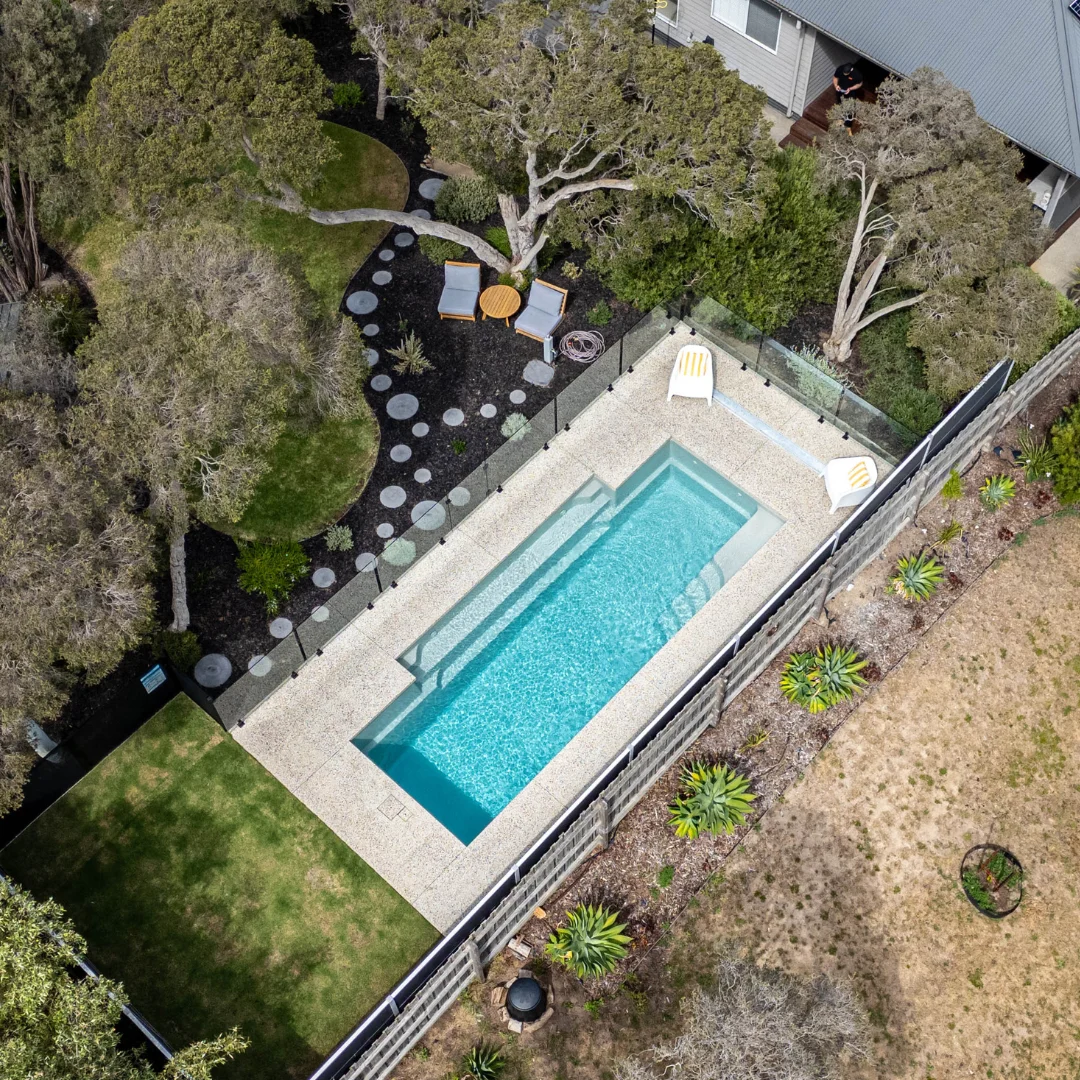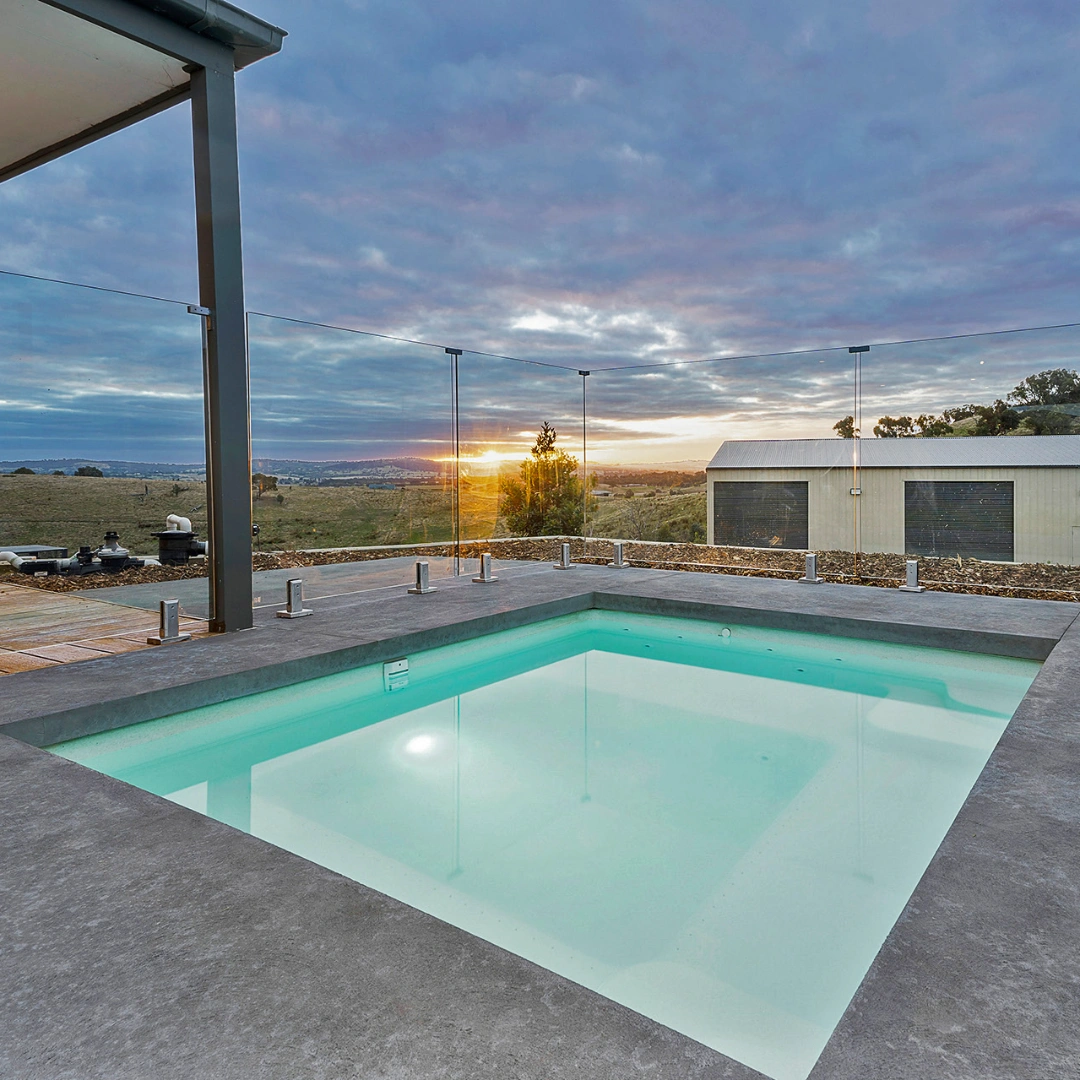Fibreglass Pools Vs Concrete Pools.
Both fibreglass and concrete pools are premium features that elevate any backyard, but choosing between them often comes down to time, cost, and lifestyle. In this video, we break down why fibreglass pools are faster to install, up to 30–50% more affordable, and easier to maintain compared to concrete. With smooth gelcoat finishes, rounded edges, and minimal upkeep, fibreglass pools don’t just look premium - they feel amazing to swim in. While concrete may allow for more depth and custom shapes, most families find fibreglass ticks all the boxes: quick to build, budget-friendly, beautiful to enjoy, and low-maintenance for years to come.
Explore other Knowledge Hub content.
Articles, videos and downloads to help you plan, build, and enjoy your pool.
Our pools.
Ready to start your 12-week countdown?
Let's turn your backyard into the place your whole family wants to be.






